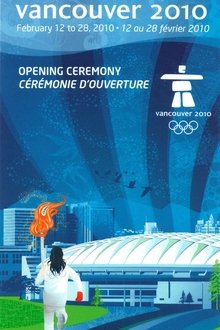Short documentary, shot over fours years, showing the incredible daily migration of the western toad tadpoles, a designated indicator species on Vancouver Island, British Columbia.
Related Movies

These were the reasons (2011)
This film takes us into the harsh realm of BC's early coal mines, canneries, and lumber camps; where primitve conditions and speed-ups often cost lives. Then, the film moves through the unemployed' struggles of the '30s, post WWII equity campaigns, and into more recent public sector strikes over union rights.
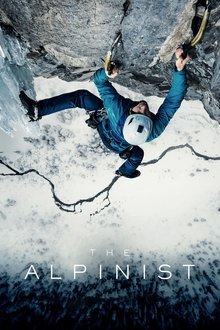
The Alpinist (2021)
Marc-André Leclerc, an exceptional climber, has made solo his religion and ice his homeland. When filmmaker Peter Mortimer begins his film, he places his camera at the base of a British Columbia cliff and waits patiently for the star climber to come down to answer his questions. Marc André, a little uncomfortable, prefers to return to the depths of the forest where he lives in a tent with his girlfriend Brette Harrington. In the heart of winter, Peter films vertiginous solos on fragile ice. He tries to make appointments with the climber who is never there and does not seem really concerned by this camera pointed at him "For me, it would not be a solo if there was someone else" . Marc-André is thus, the "pure light" of the mountaineers of his time, which marvel Barry Blanchard, Alex Honnold or Reinhold Messner, interviewed in the film. An event film for an extraordinary character.
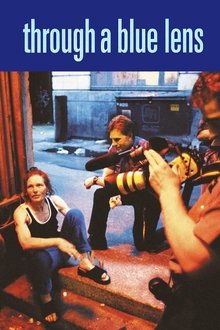
Through a Blue Lens (1999)
This documentary, set in the Lower East End of Vancouver's downtown core, is a pretty honest account of life on the streets in urban Canada. It is aimed at educating high school kids on the dangers of addiction to hard drugs and is the brainchild of a group of city police officers who videotape their interactions with local homeless personalities.
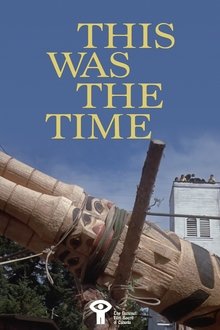
This Was the Time (1970)
When Masset, a Haida village in Haida Gwaii (formerly known as the Queen Charlotte Islands), held a potlatch, it seemed as if the past grandeur of the people had returned. This is a colourful recreation of Indigenous life that faded more than two generations ago when the great totems were toppled by the missionaries and the costly potlatch was forbidden by law. The film shows how one village lived again the old glory, with singing, dancing, feasting, and the raising of a towering totem as a lasting reminder of what once was.
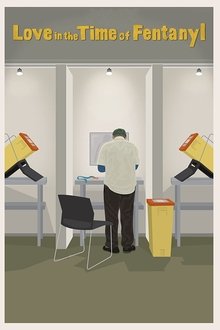
Love in the Time of Fentanyl (2023)
An intimate portrait of a community fighting to save lives and keep hope alive in a neighborhood ravaged by the overdose crisis.

Box of Treasures (1983)
In 1921 the Kwakiut'l people of Alert Bay, British Columbia, held their last secret potlatch. In 1980 at Alert Bay, the U'mista Cultural Centre (U'mista means "something of great value that has come back") opened its doors to receive and house the cultural treasures which were seized decades earlier and only then returned to the people. The center also took up activities such as recording stories told by elders so that some part of the past would always be alive and teaching children about their heritage in order to make them feel connected to their ancestors. This film documents the cultural significance of these events for today's Kwakiut'l people. It is an eloquent testimony to the persistence and complexity of Kwakiut'l society and to the struggle for redefining cultural identity for them.
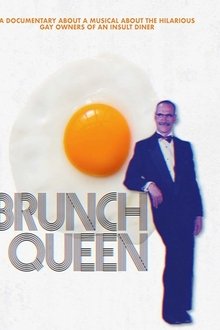
Brunch Queen (2017)
A documentary about a musical about the hilarious gay owners of an insult diner.
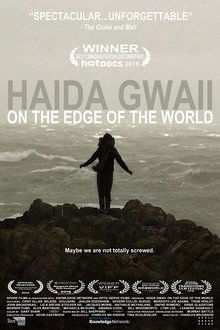
Haida Gwaii: On the Edge of the World (2015)
Denizens of the British Columbia archipelago unite to protect their land.
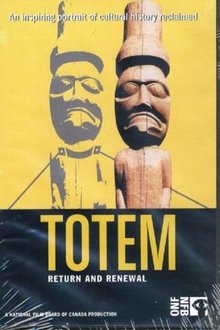
Totem: Return and Renewal (2007)
In this follow-up to his 2003 film, Totem: the Return of the G'psgolox Pole, filmmaker Gil Cardinal documents the events of the final journey of the G'psgolox Pole as it returns home to Kitamaat and the Haisla people, from where it went missing in 1929.
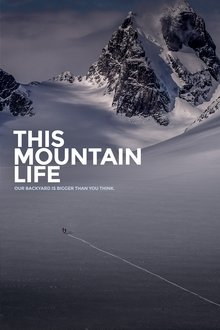
This Mountain Life (2018)
A daughter and her 60-year-old mother embark on a 6 month, 2,300-kilometre ski trek through British Columbia’s rugged terrain.
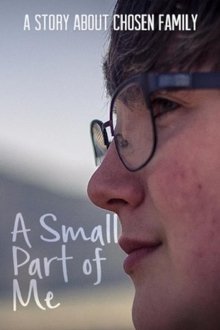
A Small Part of Me (2017)
Tobin, a transgender teen living in Squamish, BC, prepares for his acting debut where he’ll be playing a male leading character in the youth play. While rehearsals are in progress, his friends and chosen family band together to help remove him from a difficult living situation and connect him the support he needs.
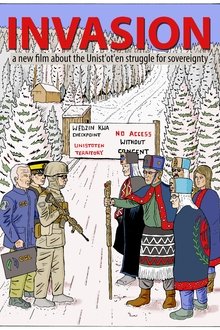
Invasion (2020)
In this era of “reconciliation”, Indigenous land is still being taken at gunpoint. Unist’ot’en Camp, Gidimt’en checkpoint and the larger Wet’suwet’en Nation are standing up to the Canadian government and corporations who continue colonial violence against Indigenous people. The Unist’ot’en Camp has been a beacon of resistance for nearly 10 years. It is a healing space for Indigenous people and settlers alike, and an active example of decolonization. The violence, environmental destruction, and disregard for human rights following TC Energy (formerly TransCanada) / Coastal GasLink’s interim injunction has been devastating to bear, but this fight is far from over.
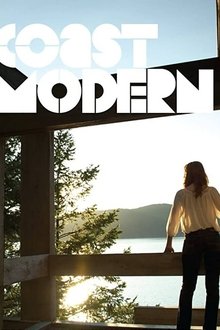
Coast Modern (2012)
A core group of architects embraced the West Coast from Vancouver to LA with its particular geography and values and left behind a legacy of inspired dwellings. Today, architects celebrate the influence established by their predecessors.
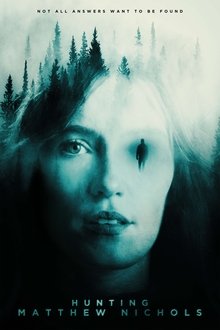
Hunting Matthew Nichols (2024)
Twenty-three years after her brother mysteriously disappeared, a documentary filmmaker sets out to solve his missing person's case. But when a disturbing piece of evidence is revealed, she comes to believe that her brother might still be alive.
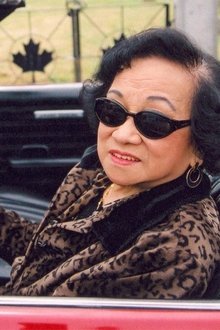
From Harling Point (2003)
This documentary tells the story of a Chinese cemetery in BC that became a National Heritage site. For Chinese pioneers who died in Canada, Victoria's Chinese Cemetery at Harling Point was a temporary resting place until their bones could be returned home. (Traditional Chinese belief says that the soul of a person who dies in a foreign place wanders lost until their bones are returned home.) This film traces the rich history of the Vancouver Island cemetery from controversy and neglect to its revival as a historic site. Told by those closest to it, the story of Harling Point is a metaphor for Canada, a country still working on making a home for all who live within its borders.

Carts of Darkness (2008)
In the picture-postcard community of North Vancouver, filmmaker Murray Siple follows men who have turned bottle-picking, their primary source of income, into the extreme sport of shopping cart racing. Enduring hardships from everyday life on the streets of Vancouver, this sub-culture depicts street life as much more than stereotypes portrayed in mainstream media. The films takes a deep look into the lives of the men who race carts, the adversity they face, and the appeal of cart racing despite the risk.
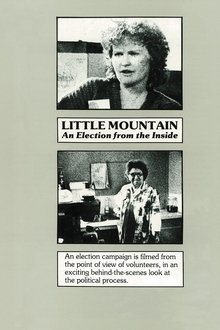
Little Mountain: An Election from the Inside (1984)
A behind-the-scenes documentary that examines the role of NDP campaign volunteers in the Vancouver riding of Little Mountain.
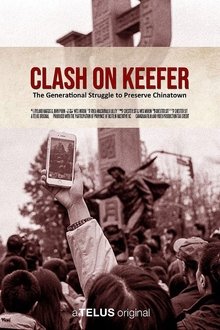
Clash on Keefer (2021)
Chronicling the events surrounding the protests generated by the proposed redevelopment of an empty lot at 105 Keefer St., located at the heart of Vancouver's Chinatown.

Tears for April: Beyond the Blue Lens (2007)
In the late 1990s, some officers at Vancouver Police Department made a documentary film (THROUGH A BLUE LENS) about the everyday lives of six drug addicts in Vancouver's skid row, the Downtown Eastside. TEARS FOR APRIL reintroduces us to these six people; with footage shot over a period of nearly ten years, it continues their biography.
